Aquality offers rainwater harvesting, greywater recycling and stormwater management using realtime control. Lutz Johnen is the MD of Aquality and in this interview talks about what the organisation does and how the push towards water neutrality is likely to affect developers.
Ecoprod: Can you start by telling us something about your background and Aquality please?
Lutz: I’m German and had been working in the industry in Germany for 10 years before I came to the UK. Germany was much further ahead than the UK when it came to water reuse. When I arrived in the UK there was just starting to be a little awareness of rainwater harvesting. The Rainwater Harvesting Association had just been set up and more people were aware of the need to do something in this area. When I first started out here, I was a supplier to a lot of rainwater harvesting companies in the UK. Then I realised that there was also a demand for expertise such as mine on larger projects. Most companies in the UK were focusing just on small domestic systems, single-house units. I found that engineers on larger projects and commercial buildings were coming to me because I had much more expertise in that area and that’s how Aquality started.
We’ve been going since 2004 and we’re in the water reuse sector. Organisations are growing more concerned about water efficiency. We help them to use non-potable water for supplying applications like toilets, washing machines, cooling towers, irrigation and so on. We install rainwater harvesting systems into buildings, so you can collect rainwater off your roof into a tank where it is filtered then pumped to the toilet or wherever else it’s being used. We also facilitate greywater reuse, where you collect used water from showers and hand washbasins, treat it, and then pump it back to the toilets and washing machines.
We operate in the commercial market rather than in the residential market, installing larger-scale systems into groups of buildings, offices and warehouses. We’re trying to raise organisations’ awareness of water reuse as well as flood management and urban drainage more generally. It’s all about how you get water off sites in a sustainable way and get it back into the ground.
My niche has always been commercial projects. For me domestic home systems are not so interesting because there’s nothing complicated about them. The minute you start looking at big tower blocks, stadia, shopping centres and other such developments it becomes much more interesting! Everything needs to be integrated into the building. It all needs to be coordinated, the plant rooms need to be configured and everything else. Our company supports engineers on these types of projects. We do 3D drawings for them, and specify the equipment, and can also install the systems ourselves if needed. We are probably the biggest supplier of greywater recycling systems in the UK.
We’re based in the UK but we have offices in France and in Germany and we work very closely with engineering companies such as Arup and AECOM. We work almost entirely on new developments. Currently only around 2% of what we do is retrofitting our systems on existing buildings but there is a growing appetite for this now from industry. However, it is much more expensive to retrofit it later than install into a new build.
The growth in this area is part of a general push in organisations towards even greater sustainability, meaning organisations are much more willing to spend money on this kind of technology than used to be the case. It’s a growing field.
We also find that we’re now getting more and more involved on the water efficiency side of things. People invite us to do a holistic water management strategy which is where partners such as Ecoprod come in.
Ecoprod: What organisations are you typically working with and are there particular sectors that you focus on?
Lutz: No, we really do anything from blocks of flats to theatres, offices, train stations, there’s no limit. We look at everything as long as there’s non-potable water available, which is most likely the case.
Ecoprod: What’s usually the driver within the client organisation?
Lutz: Often, it’s because people want BREEAM and LEED certification. Clients want their buildings to be the most water and energy-efficient buildings possible and they use schemes such as BREEAM and LEED to demonstrate this. To get BREEAM certification as excellent or outstanding, you need to have water recycling. You literally cannot achieve enough points without doing some water recycling and so that’s become a big driver. Developers all want to have that label. Many big corporates these days have water resilience included as part of their environmental strategy. They want to get this done. That’s what we see now.
Ecoprod: When you’re talking to people, do you get the sense that organisations genuinely take this seriously now?
Lutz: More now than before. We always had inquiries coming in, but it used to be that people were put off completely by the costs involved. Now, I personally feel that there’s more drive with COP26 and the carbon footprint element because water saving is also a carbon saving. These things play into this. I see people are willing to pay for us to do site visits now and if they’re serious enough to pay for that then I think there’s some more willingness to pay for the eventual solution.
I think there is a big wave of demand coming as people increasingly realise how important water is. The water companies are struggling with water supply, which is one of the drivers towards water neutrality which is a response to some of the problems being created by too much abstraction. The boreholes of the water companies are extracting too much water and causing massive damage to river flows and trees, and the environment more generally.
In West Sussex, they want to build a significant number of new homes – over 10,000. That means a lot of more water that needs to be supplied. Currently, they’re saying, “No. You got to use the water that you have and that’s it.” You cannot get planning permission for new developments in greenfield sites unless you can show that your development is water neutral. If you want to build a building, you literally have to show that you’re not using more water that the site had before.
I think we’re going to see a very fast-growing awareness of the need for water neutrality over the next five years. To get planning permission developers will have to come up with a technical concept that shows how they will achieve water neutrality otherwise they’re not getting the authority to build.
We’re getting involved with many more projects in this area now. There’s more retrofitting in this area. We’ve had a couple of jobs where we have retrofitted rainwater harvesting systems or helped clients retrofit water-efficient appliances. That’s where we’re involved currently in consultancy work where people come to us for technical expertise and say, “Can you do a report so I can achieve this?” I expect we’re going to see much more of this in the future. For example, even Thames Water is aiming for water neutrality in London now. That means retrofitting is going to be even more interesting.




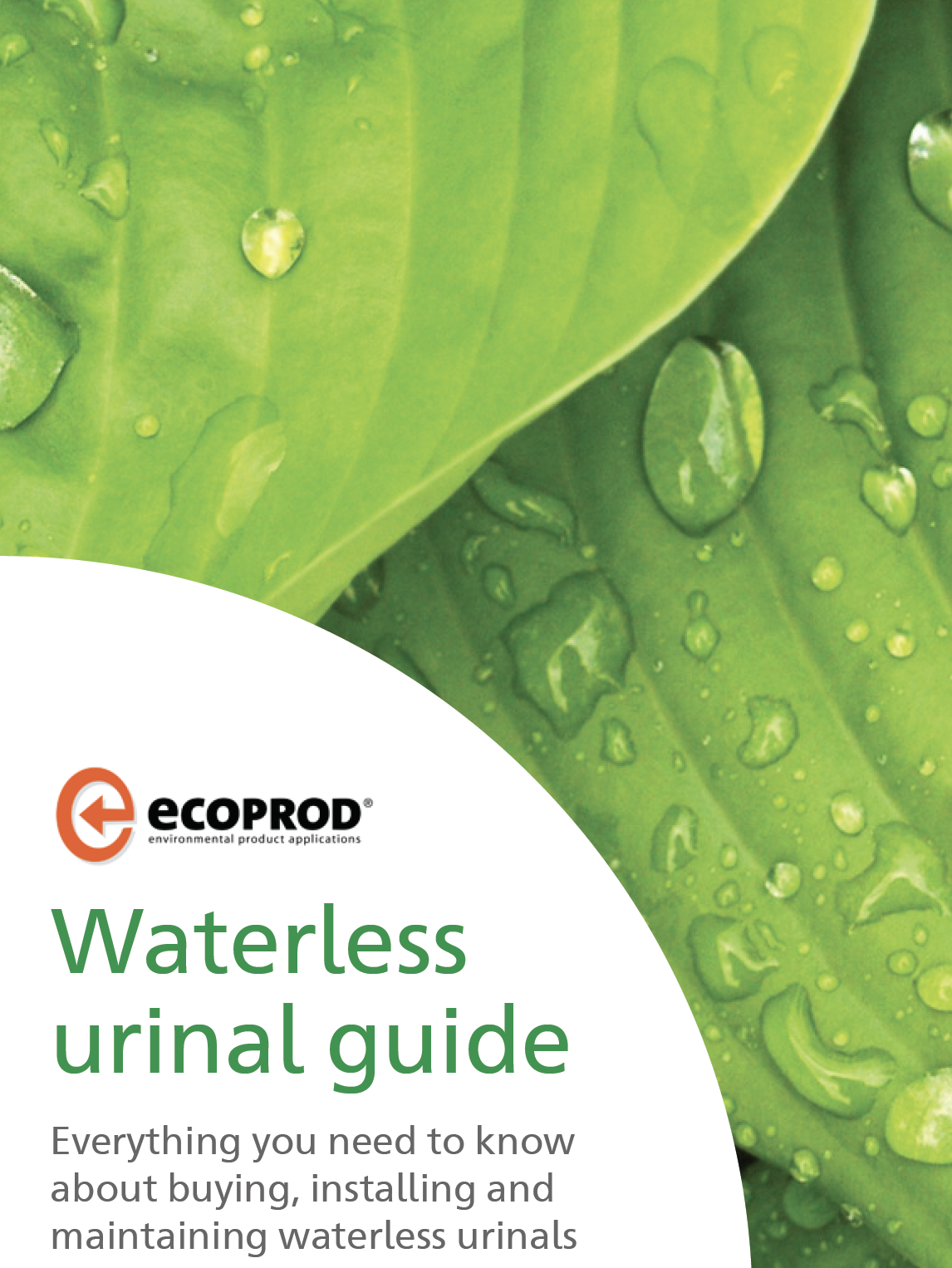
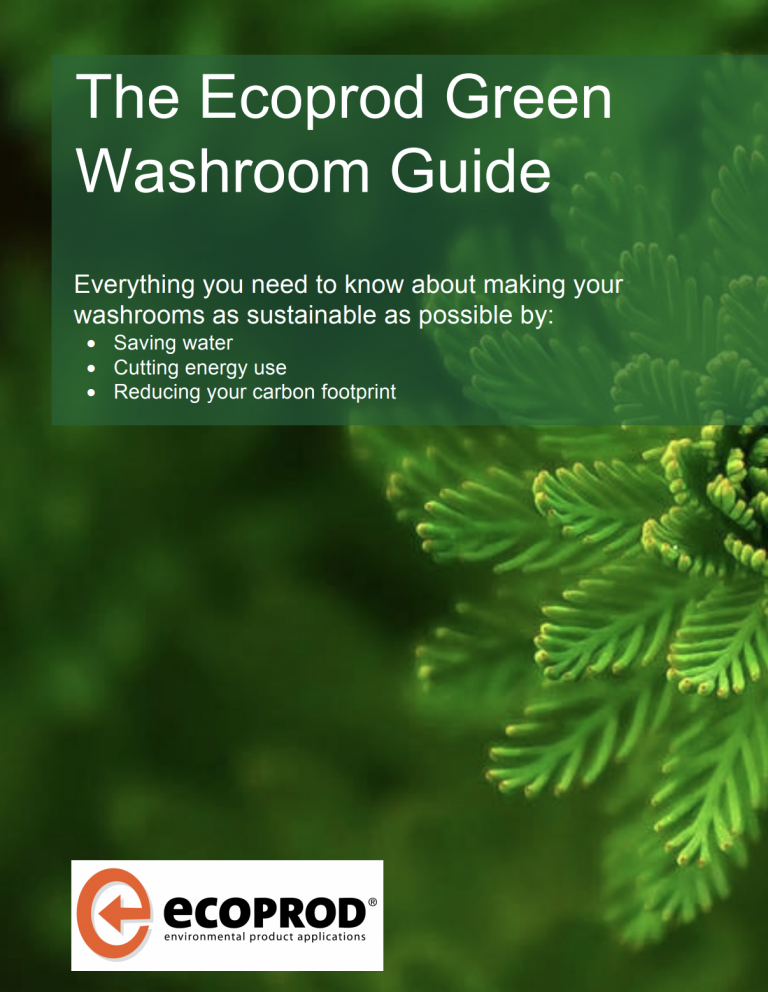
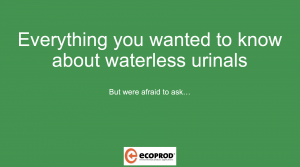
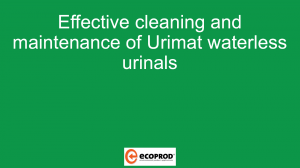


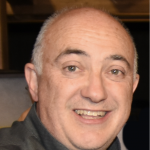
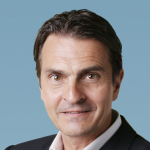

 For the last 8 years Robert Summer – Head of International Sales and Marketing – has developed structured distribution network worldwide for CONTI+ brand. The products offer great benefit for washrooms and shower rooms for public, semi-public and health sector. Today, sustainability, hygiene and smartness are key to CONTI+ solutions. Robert lives the brand and its USPs and loves to support and motivate his team on a daily basis.
For the last 8 years Robert Summer – Head of International Sales and Marketing – has developed structured distribution network worldwide for CONTI+ brand. The products offer great benefit for washrooms and shower rooms for public, semi-public and health sector. Today, sustainability, hygiene and smartness are key to CONTI+ solutions. Robert lives the brand and its USPs and loves to support and motivate his team on a daily basis.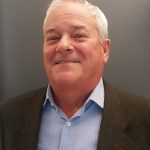
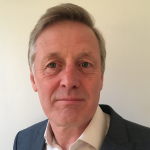
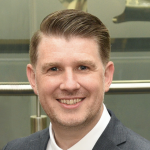


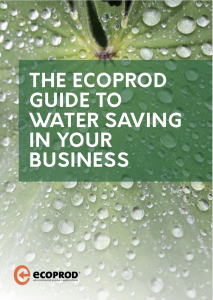
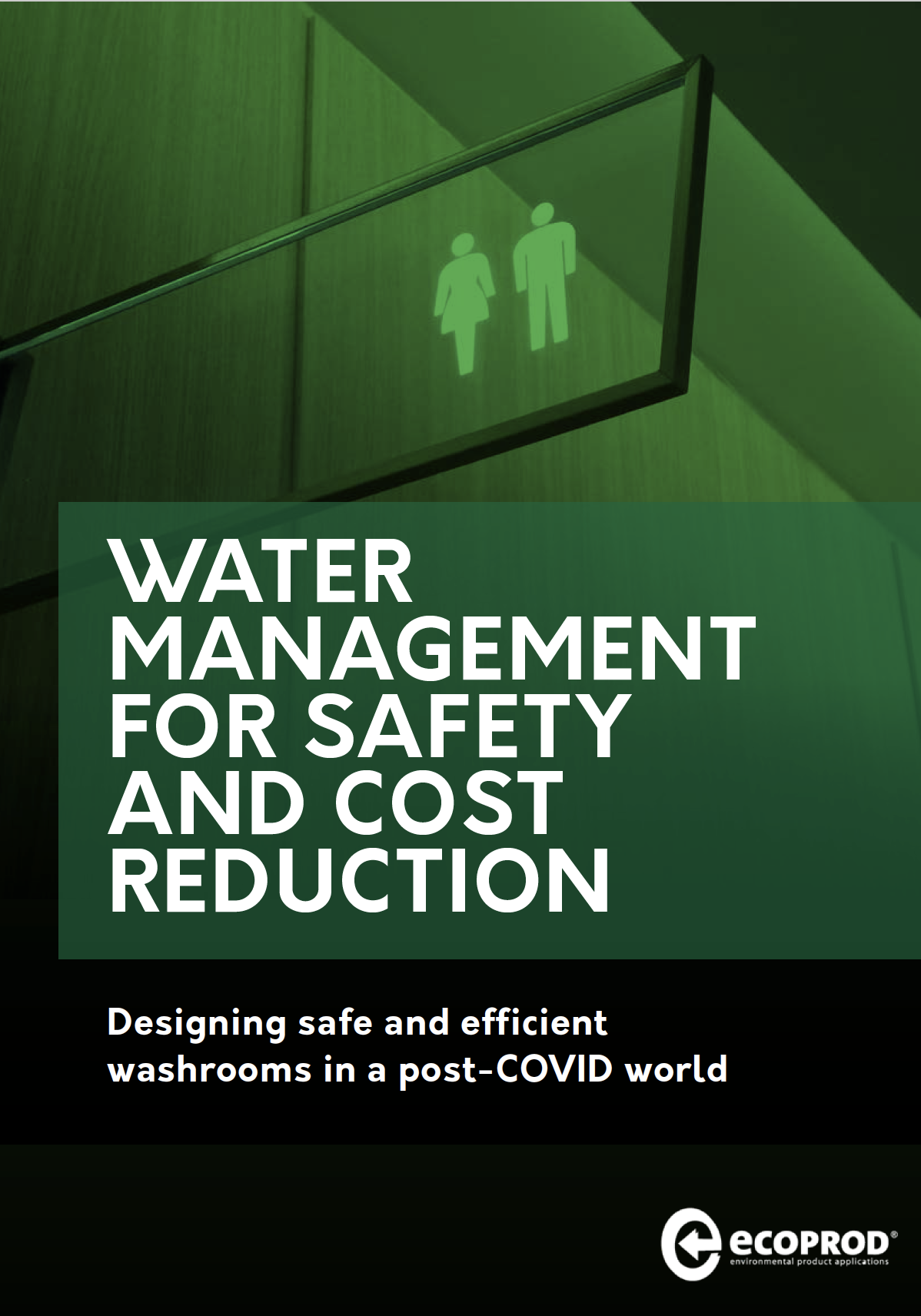

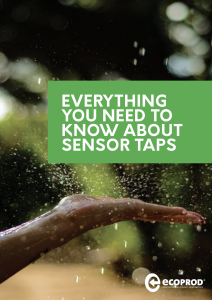
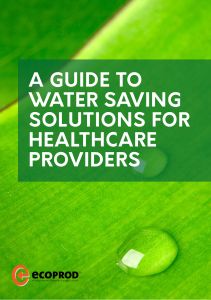
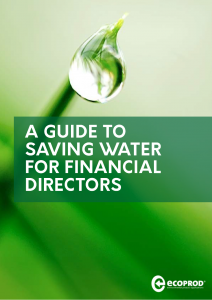
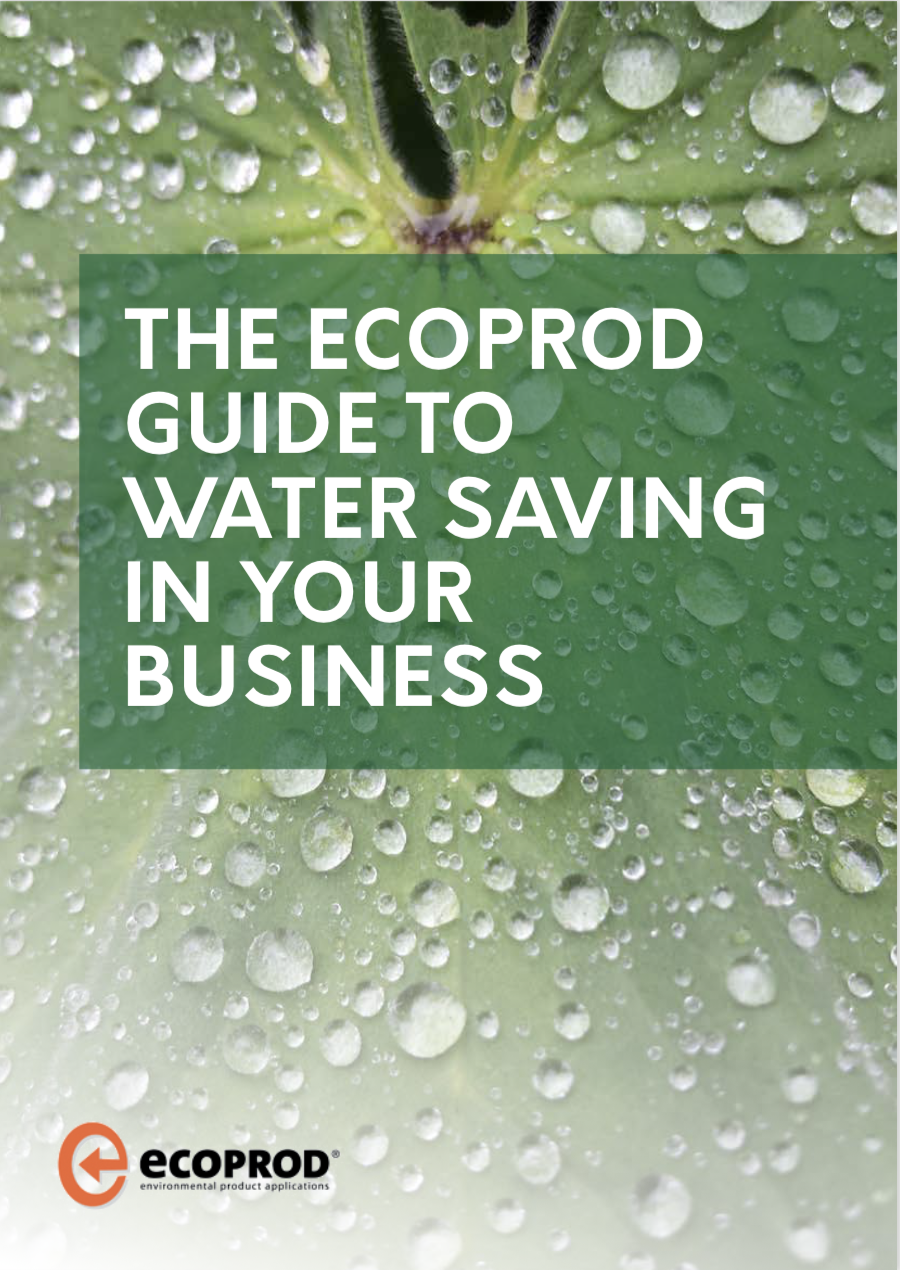
Comments are closed.